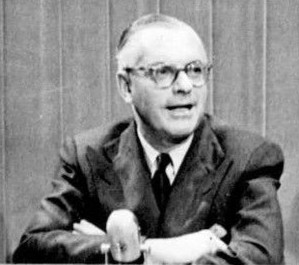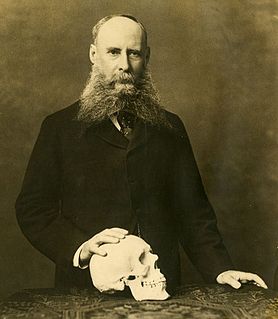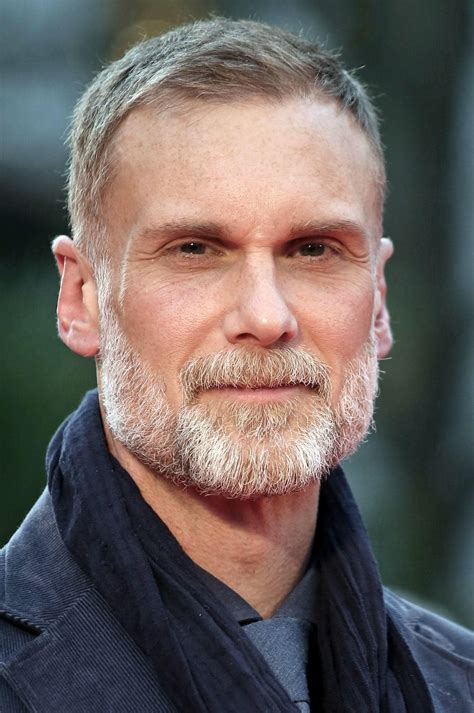A Quote by William James
It is not probable that the reader will be satisfied with any of these solutions, and contemporary philosophers, even rationalistically minded ones, have on the whole agreed that no one has intelligibly banished the mystery of fact.
Related Quotes
There is, in fact, no reason to believe that any given natural phenomenon, however marvelous it may seem today, will remain forever inexplicable. Soon or late the laws governing the production of life itself will be discovered in the laboratory, and man may set up business as a creator on his own account. The thing, indeed, is not only conceivable; it is even highly probable.
I believe that the Bible is to be understood and received in the plain and obvious meaning of its passages; for I cannot persuade myself that a book intended for the instruction and conversion of the whole world should cover its true meaning in any such mystery and doubt that none but critics and philosophers can discover it.
I do not pretend to be able to prove that there is no God. I equally cannot prove that Satan is a fiction. The Christian god may exist; so may the gods of Olympus, or of ancient Egypt, or of Babylon. But no one of these hypotheses is more probable than any other: they lie outside the region of even probable knowledge, and therefore there is no reason to consider any of them.
History is valuable, to begin with, because it is true; and this, though not the whole of its value, is the foundation and condition of all the rest. That all knowledge, as such, is in some degree good, would appear to be at least probable; and the knowledge of every historical fact possesses this element of goodness, even if it posses no other.
I think one reason is that philosophers are more insecure to speak accessibly because non-philosophers are skeptical that philosophers have any special expertise. After all, all people - not just philosophers - have attitudes and points of view on various philosophical questions, and they rather resent being told that there are professionals who can think about these things better.
We have now the remarkable spectacle that just when many scientific men are agreed that there is no part of the Darwinian system that is of any great influence, and that, as a whole, the theory is not only unproved, but impossible, the ignorant, half-educated masses have acquired the idea that it is to be accepted as a fundamental fact.









































